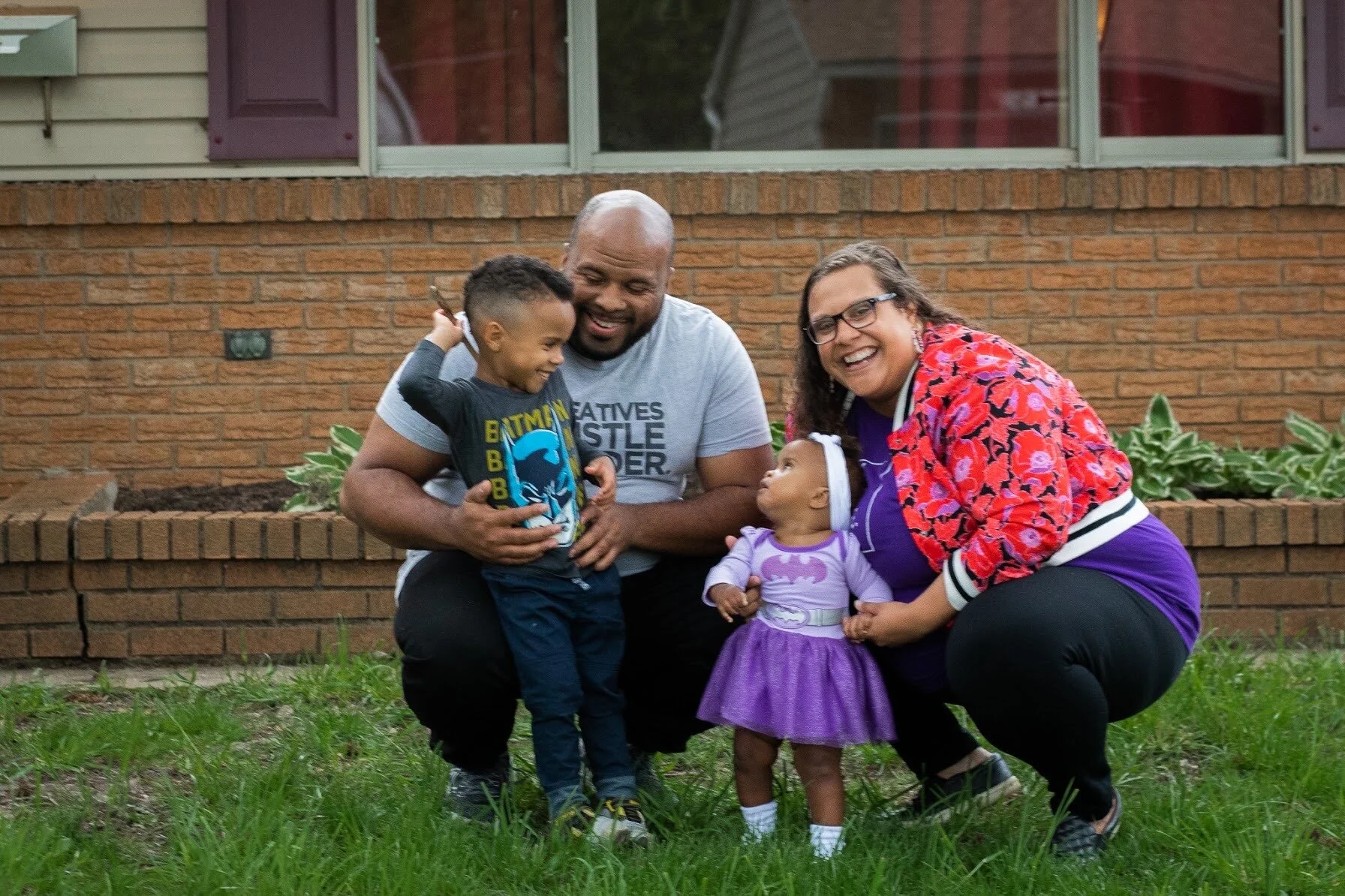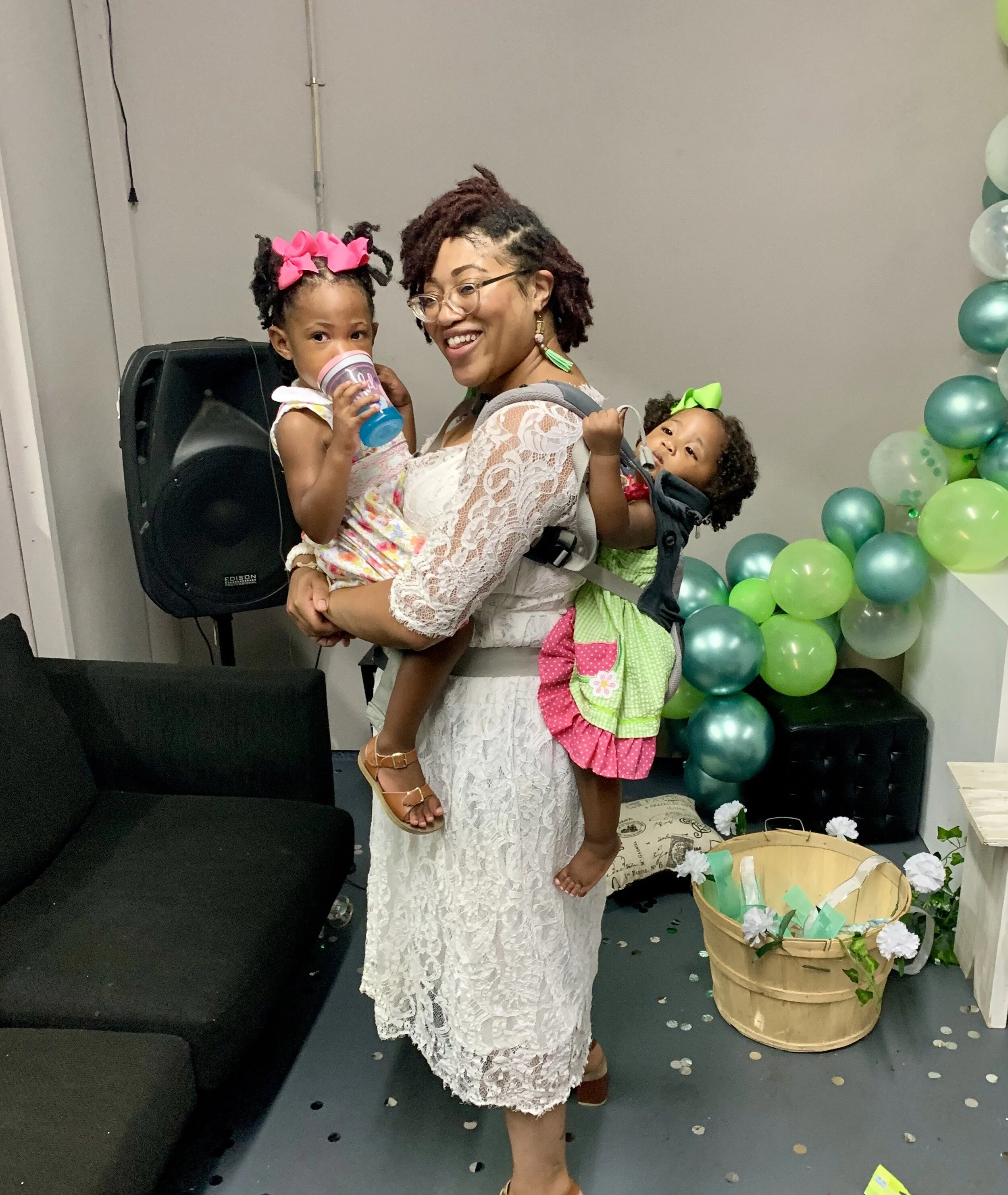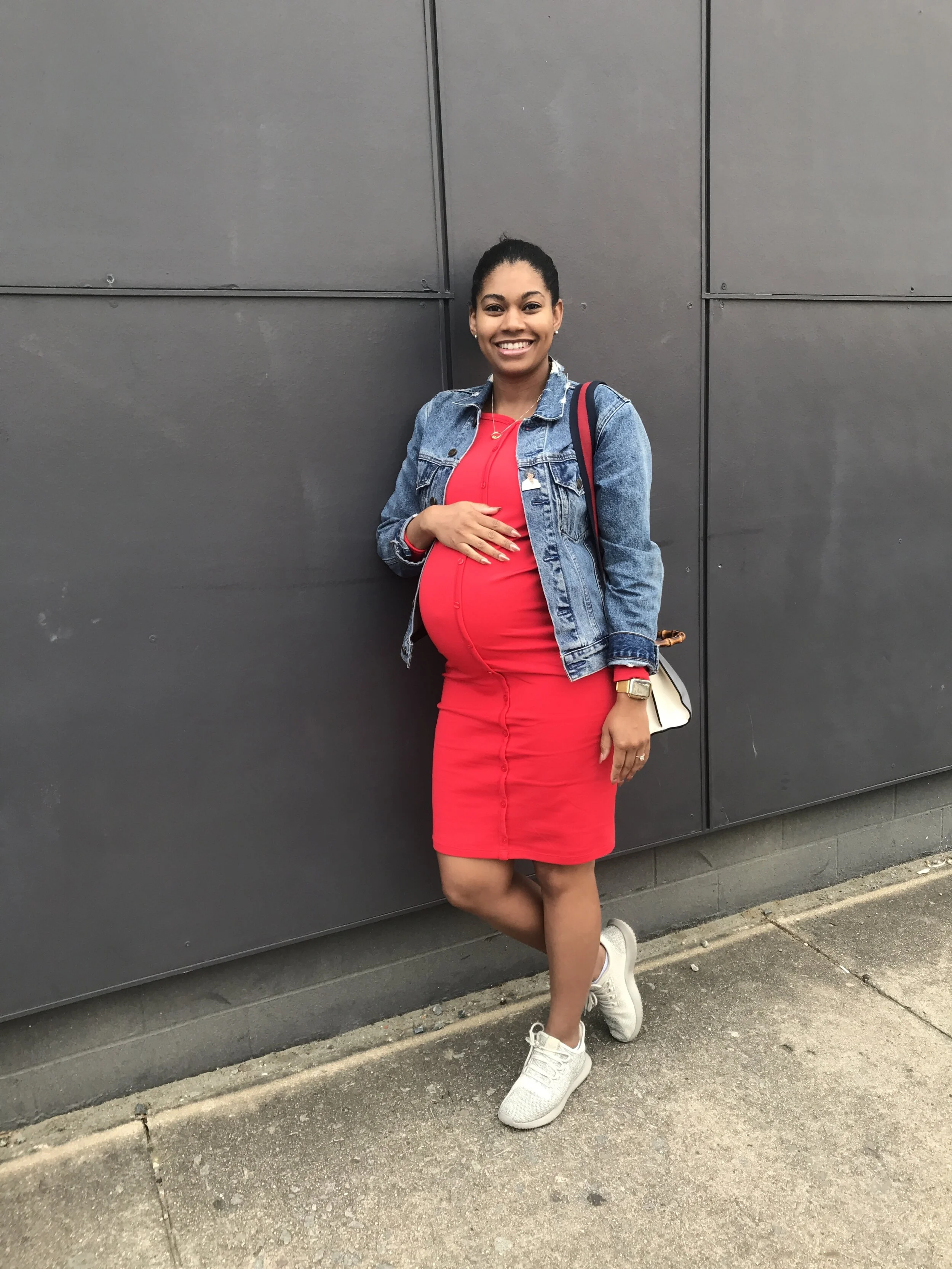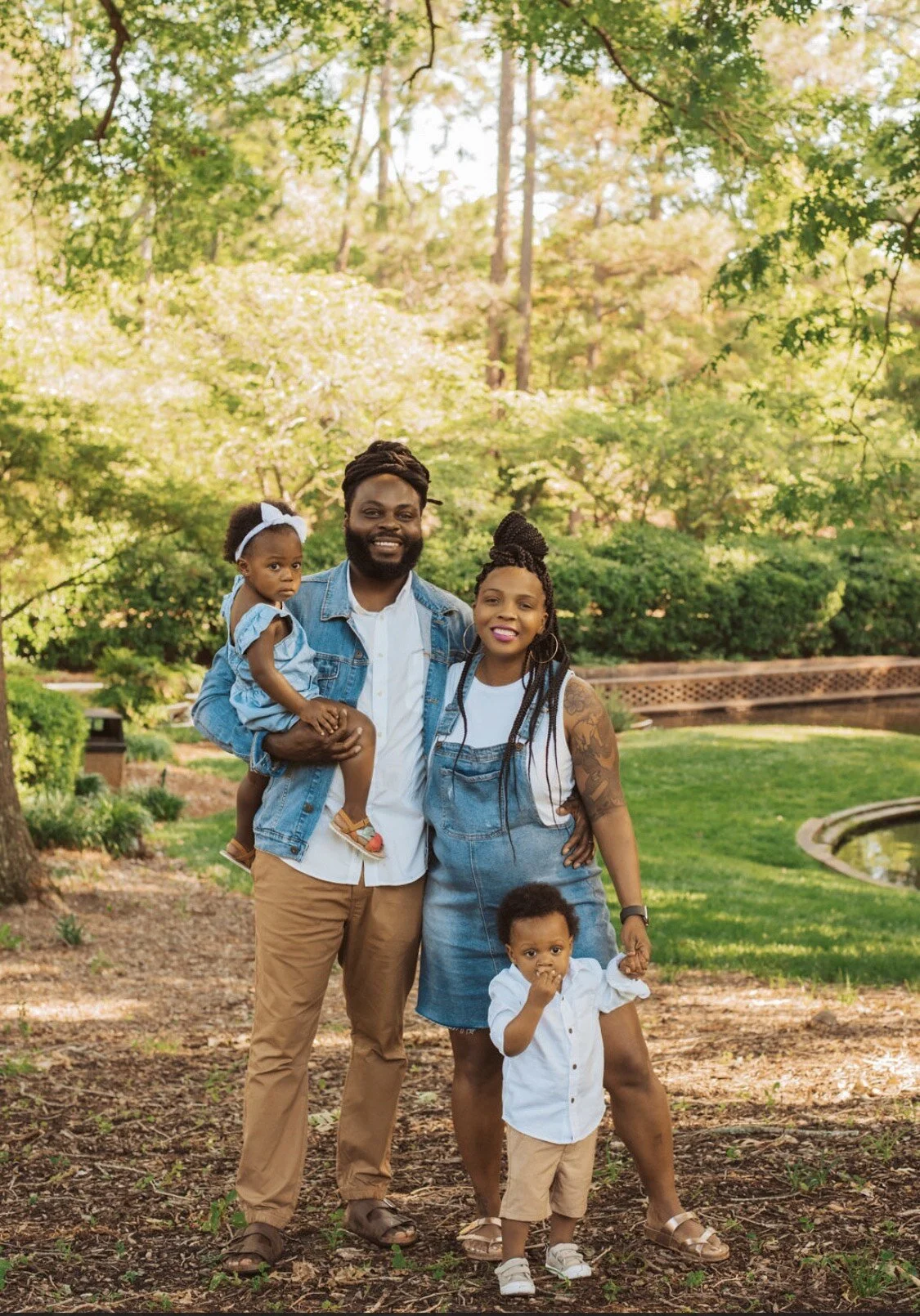When Dalaine found out she was pregnant with her third child, it wasn't something she was expecting and not something she was looking forward to. Her pregnancy came at a time when she was moving through a tumultuous relationship, work demands, and still trying to find her footing of being a mother of two. These stressors would show up in ways she wasn't prepared for - both mentally and physically. So much so that her doctor recommended she go on bed rest to slow down preterm labor hopefully.
Unable to follow those guidelines and find balance among it all, at 35 weeks, she went into spontaneous labor. With her baby being premature, ten-day NICU support was needed. During this time, Dalaine would begin the work of forgiving and healing herself - that even though her journey was bumpy, she still was the parent her daughter needed. Her daughter's birth taught her that to be the best for her children; she had to ensure she was being the best to herself!
Read More


















